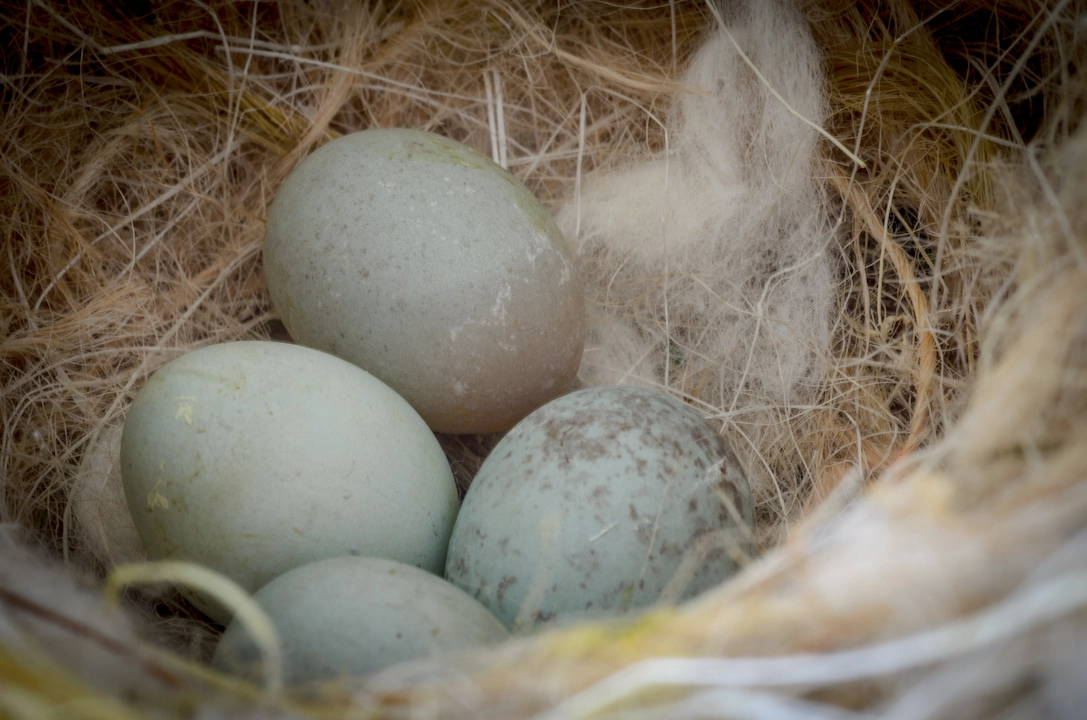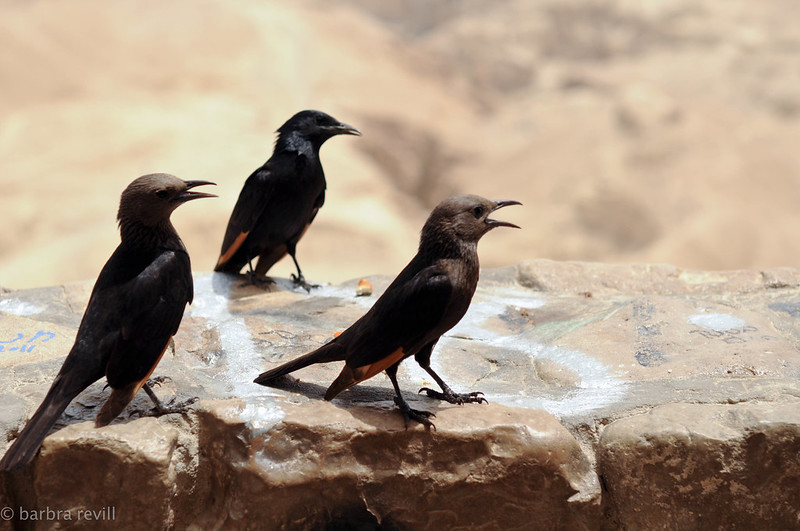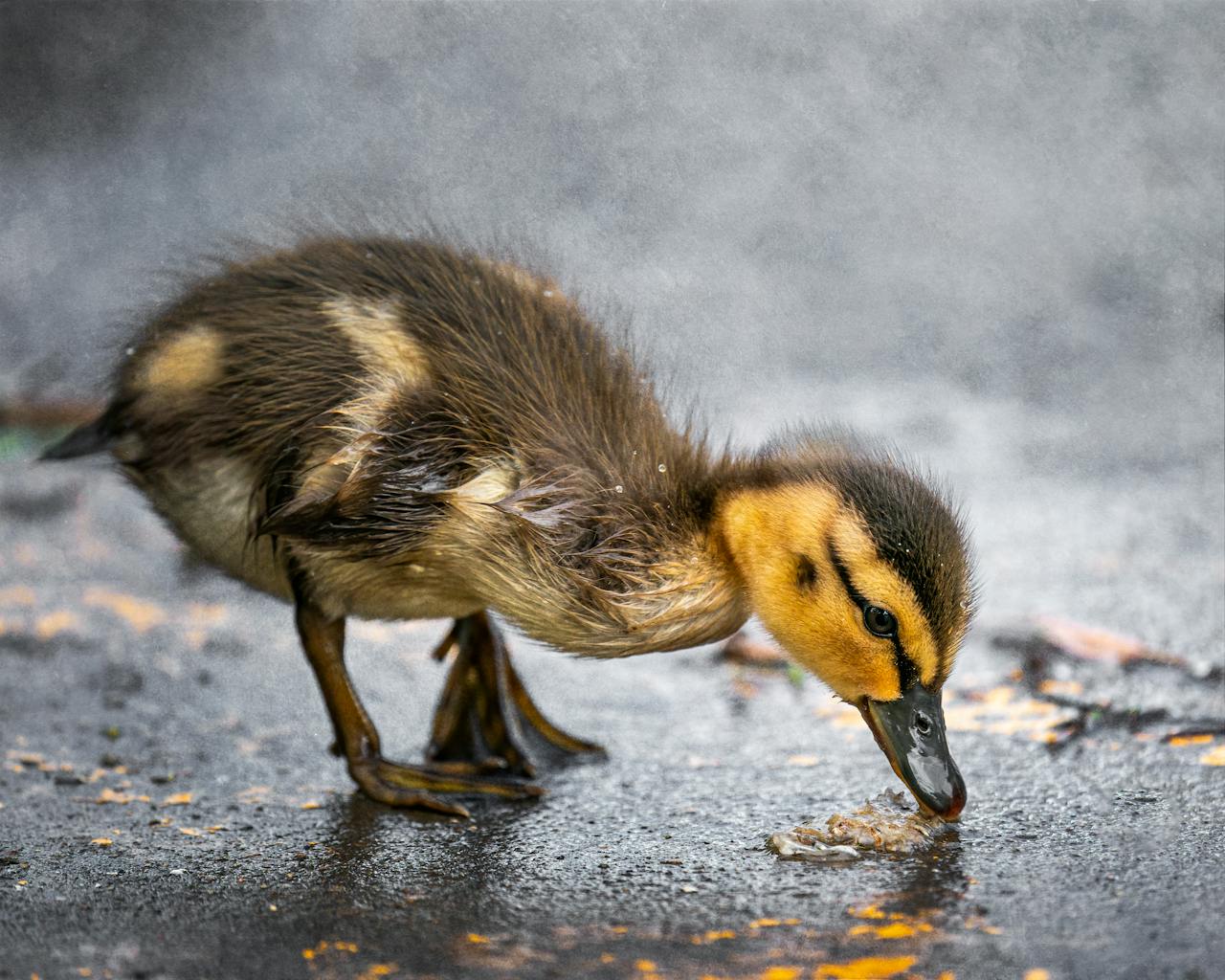Canaries are known to lay eggs seasonally. But, it is not enough to know when the canary usually lays eggs. There are many factors which determine how many times a year canaries lay eggs. These factors include age of the bird, type of diet and overall vitality of the bird.
The number of eggs a canary lays per year varies depending on the breed and the condition of the bird. Some breeds lay eggs twice a year, while others may lay just once. If a female is well fed, it will lay more than one egg. A healthy male canary also can lead to multiple eggs.
Trying to get your canary to lay more eggs than it naturally would is not always possible. It may be possible to place your bird in a lower temperature area so that it will want to make an egg. However, this is not always successful since your bird may become too cold and die.
How Often Do Canaries Lay Eggs?
The frequency in which canaries lay eggs depends on the species of canary. Most canary species lay eggs every other day for most of the year, except during breeding season. During this time, egg production can increase to one per day.
A female canary lays one to five eggs in a clutch over a period of about two weeks to a month. The eggs are incubated by the hen for 13 days until they hatch. Male canaries sometimes help incubate and raise the chicks, but this is not always the case. After hatching, the chicks leave the nest immediately and are completely independent from birth.
Canaries are polygynous breeders. Males are more brightly coloured than females and have several different plumage stages as they age. They begin mating at approximately six months old and sometimes as early as three months old, although males will usually wait until their first moult into adult plumage to mate for the first time. Females will usually choose their mates based on their appearance but also take into account other factors such as territory or nest location when making their choice.
What Month Do Canaries Lay Eggs?
The answer is: all of them. There are no seasonal or cyclical changes that affect the breeding habits of these birds. They don’t migrate, they don’t hibernate, and they certainly don’t limit their reproduction to a particular time of the year. So if you want to know what month canaries lay eggs, you’ll have to ask some other question instead.
How Do I Stop My Canary From Laying Eggs?
There are several reasons why your canary is laying eggs. First, it could be that you are overfeeding your canary. Second, it could be a female hormone imbalance. This is more common with pet store purchased birds because they are artificially inseminated and do not have the same level of hormones as wild birds normally would. Finally, it could possibly be a tumor or other growth on the ovaries causing the egg to be laid.
Table sugar water and seed mixes can cause a female canary to lay eggs as well. You should eliminate all food for a few days and then gradually introduce soft food until she is back up to her normal diet. If you have a mixed bird, (with male and female), you might want to separate them for a day or so as this problem usually occurs when there are both males and females. The reason for this is that when there are both males and females present, the male will attempt to mate with the female which causes hormonal imbalance leading to egg laying.
Do Canaries Have a Breeding Season?
No, canaries do not have a breeding season. However, there is a time of the year when their mating rituals are most common. This usually occurs in the spring. The breeding season usually lasts from early April through June and sometimes as late as September. Canaries are ready to mate when they begin to sing for long periods of time. They will also become very territorial in order to protect their territory from other male canaries.
Canaries will generally live between seven and fourteen years if properly cared for. During that time, they will go through several molts, which occur about once a month depending on the weather conditions. During molting periods, canaries lose their feathers and are not able to fly well or sing at all.
During the breeding season, canaries will form pairs and make nests by gathering soft material in a corner of the cage or nesting box. After the female lays her eggs she will incubate them for 12 to 14 days while her mate brings her food so she can eat but cannot leave the nest unattended. Once the eggs hatch, both parents take care of their young by feeding them regurgitated food until they reach maturity after about two months.
Can Canaries Lay Eggs Without Mating?
Yes, canaries can lay eggs without mating. Normally, a female canary lays about 3 to 5 eggs per clutch. There is no need for the male to be present for the female to lay her eggs. The female has a special organ called a cloaca, which is her reproductive and excretory system. The male’s sperm fertilizes the egg in the cloaca of the female and then she lays the eggs a couple of days later. She usually lays one egg per day until she has completed laying all of her eggs. Usually just before the female will lay an egg she will have nesting material (like hay or straw) in her nest cup. The female will use this material to line her nest and lay her eggs in it.
Canaries lay their eggs in a nest made by themselves (usually out of hay or straw). They do not need a mate to do so, unless they want baby canaries that is! It’s all up to them!
How Do You Know When a Canary Is Going to Lay Eggs?
When a canary is ready to lay eggs, she will start straining. It’s her way of telling you that she’s either ready to lay eggs or just wants someone to pay attention. It could be that she’s so used to having you rub her back and sing sweet songs that she thinks you were the one who put the egg in her bottom in the first place.
Treating your canary well means more than just feeding her, cleaning out her cage and keeping her warm. It also means paying attention to your bird and making sure that all of their needs are being met.
You can see signs that a canary is trying to lay eggs, but you’ll need to be watching for them. A bird who is trying to lay will act differently than a bird who is just humming along with life. She may strain when you pick her up, and she may be very clingy and not like being alone at all.
She may also act like she’d rather be doing something else entirely. She may try to climb out of the cage or fly into walls and windows, because she’d rather be somewhere else (like in the nest).





Leave a Reply